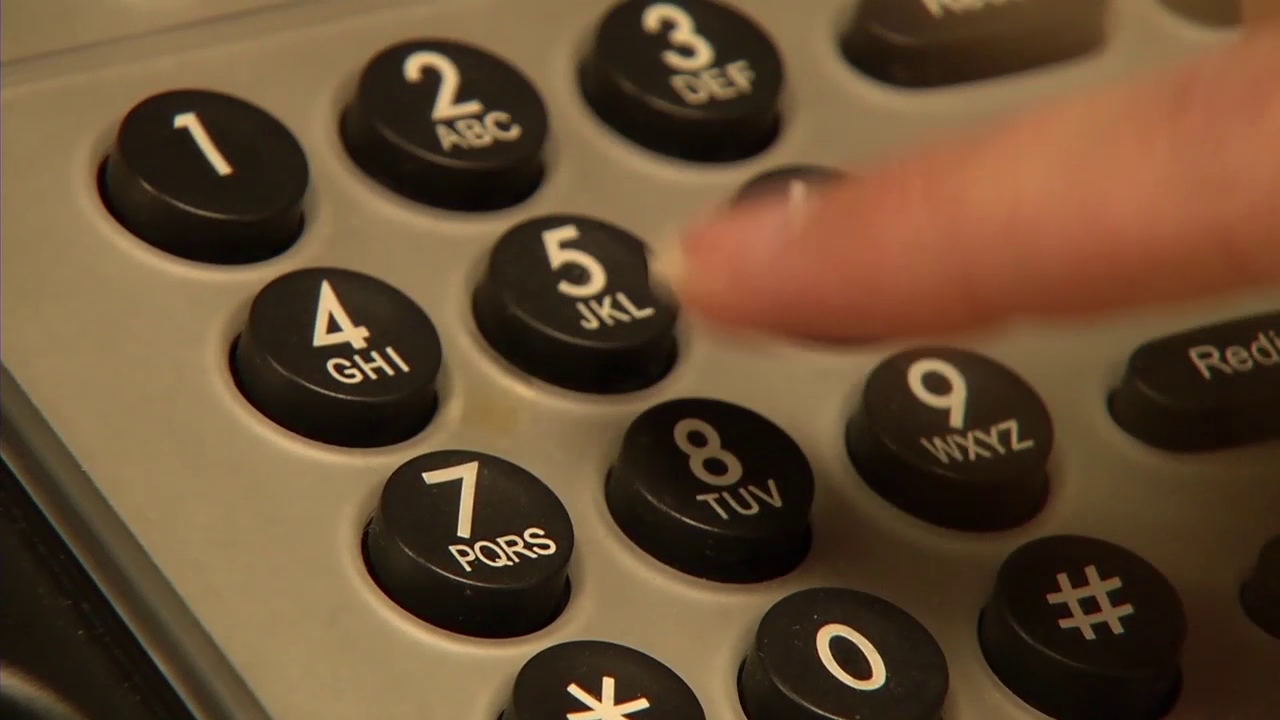
Police Warn Residents of Telephone Scam
 Montgomery County Police are warning residents of a telephone scam that has been reported throughout the county since February.
Montgomery County Police are warning residents of a telephone scam that has been reported throughout the county since February.
Within the last week, the police department reports an increase in the report of these types of fraud calls. These scammers do not appear to be targeting a particular geographical area of the county or particular group; they are simply dialing a number and hoping that someone will answer the phone and believe their story.
During these telephone calls, police say the scammer tells the victim that a family member or friend is in trouble or needs help. Scammers present a variety of emergency situations in these calls, to include a loved one who is in jail, has been in an accident, has been kidnapped, or has been physically hurt. The suspect often states that the event has occurred in another area and that the loved one is unable to talk. To assist in helping the family member or friend, the suspect says that the victim must send money via wire transfer or other fund transfer (ie: pre-paid cards, internet transaction).
In previous cases, Financial Crimes detectives have determined that these calls have originated from outside of the country. In current cases, these calls have originated from within the country. Telephone scammers often use a technique called “spoofing” to manipulate and provide a fictitious number to a Caller ID display.
These types of phone scams are not unique to Montgomery County and have been reported in neighboring jurisdictions and around the country.
Below are tips from the police about what to do if you receive a telephone call that you believe is a scam:
–Do not provide information over the phone. Scammers often ask leading questions to retrieve information from you. Often, you do not realize that you are giving them valuable information.
–Scammers create a sense of urgency. Slow down and ask the caller for detailed information and a contact number. Tell the caller you will call them back. Then, attempt to verify the caller’s story by calling family and/or friends.
–Remember that scammers often use a technique called “spoofing.” Spoofing provides a fictitious number to a Caller ID display.
–Do not send money.
–Most importantly, contact police immediately if you believe you are a victim of a telephone scam.

Engage us on Facebook
Follow us on Twitter
Tweets by @mymcmedia